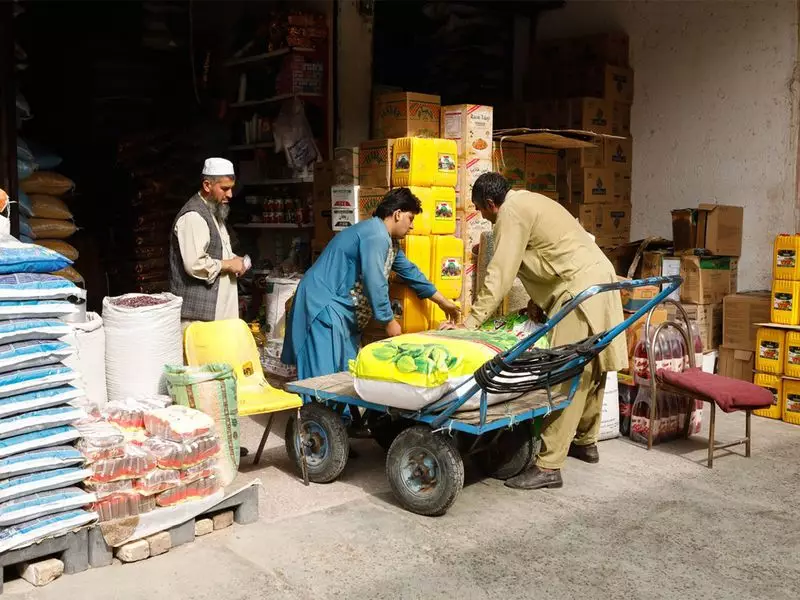
The World Food Programme has sounded the alarm over a dramatic escalation in food prices across Kabul, creating what officials describe as a perfect storm of hunger for Afghan families already struggling to survive.
According to recent reports from the United Nations agency, the cost of basic food staples has surged to unprecedented levels, with wheat flour prices climbing by nearly 7% and cooking oil becoming increasingly scarce and expensive.
The Perfect Storm: Multiple Crises Converge
This alarming situation stems from a combination of critical factors that have simultaneously impacted Afghanistan's fragile food supply chain:
- Border closures with Pakistan have severely restricted the flow of essential goods
- Skyrocketing fuel prices have made transportation prohibitively expensive
- Currency fluctuations continue to destabilize the local economy
- Ongoing economic sanctions complicate international aid efforts
Real Impact on Afghan Families
The consequences for ordinary Afghans are immediate and severe. Many families now face the heartbreaking choice between buying food and meeting other basic needs.
"We're seeing families who were already food-insecure now pushed to the absolute brink," a WFP representative noted. "When flour and oil become luxury items, you know you're dealing with a humanitarian catastrophe."
Winter Looms: The Timing Couldn't Be Worse
Compounding the crisis is the approaching winter season, traditionally the most challenging time for food security in Afghanistan. With temperatures dropping and access to remote areas becoming increasingly difficult, humanitarian organizations are racing against time to preposition supplies before conditions deteriorate further.
The WFP has emphasized that without immediate intervention and the reopening of critical supply routes, the situation could escalate into a full-blown famine affecting millions of vulnerable Afghans.





